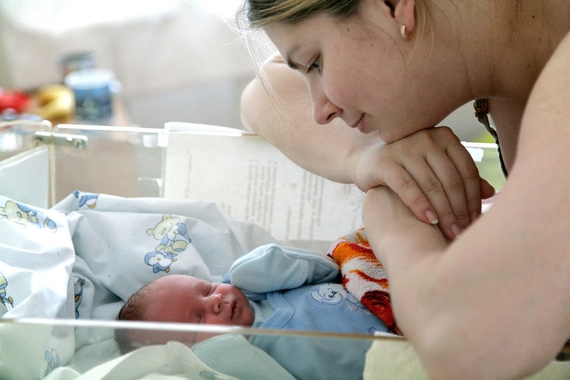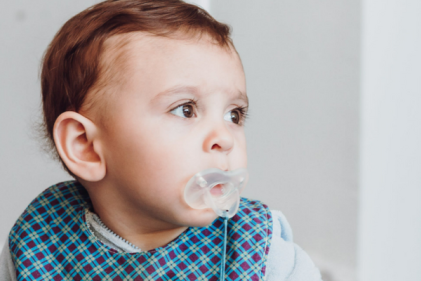 The old adage ‘an ounce of prevention is worth a pound of cure’ is so appropriate when it comes to reducing your chances of suffering from postpartum depression (PPD). While there's no medically proven way to avoid developing post-partum depression, there are things that you can do to reduce your risk.
The old adage ‘an ounce of prevention is worth a pound of cure’ is so appropriate when it comes to reducing your chances of suffering from postpartum depression (PPD). While there's no medically proven way to avoid developing post-partum depression, there are things that you can do to reduce your risk.
Be proactive and find out if you are at risk. Make an appointment with a qualified health-care professional to discuss your situation. Learn everything you can. This will enable you to recognize the condition and seek help for it promptly.
A healthy diet and adequate sleep are vital to your health and well-being. Do your best to eat nutritious food and to get as much sleep as you possibly can, both during pregnancy and the post-partum period, even if at times it seems impossible to do.
Exercise is a key component, not only in your physical health, but also in reducing your risk for PPD. Squeezing in even 15 minutes of walking every day will lift your mood and help you feel better and in more control of your body.
Try to avoid making major life changes such as buying a house or changing jobs, during pregnancy or right after childbirth. Keep your life as simple and stress free as possible. It will make your pregnancy more enjoyable and make your post-partum recovery easier.
Speak up and express your needs and wants in the delivery room. It's important that your delivery be as comfortable and stress free as possible. If you're uncomfortable and you want an epidural, tell the attending physicians. Make sure you surround yourself with people who can give you support during childbirth. Perhaps that's your partner, or maybe it's your mother, or your best friend. Perhaps you should consider hiring a doula to help you. Do whatever you think it will take for you to feel supported during delivery and have the best experience possible.
Don't stop at taking a childbirth education class. Read as many books, magazines and articles on the topic as you can. Talk to other women about their experiences. Childbirth classes generally skim over crucial aspects of childbirth, like C-sections. You should be knowledgeable about every possible outcome in the delivery room, so there will be no surprises. If you know what to expect, you're less likely to have a traumatic childbirth experience.
You will be in no condition to cook meals, clean the house, do the laundry and run errands in the first few weeks after your baby is born. This is especially true if you have a C-section. Arrange for people in your support system to help out with the chores. Have someone go grocery shopping for you and stock up on frozen entrées and easy to prepare snacks. Let your sister (or brother) vacuum the floors. Your support system is there to help. Put them to good use. If you don't have a support system, think about hiring outside help until you're back on your feet.
When you're feeling frustrated, overwhelmed, or just plain tired, your support system is there for you to lean on. Don't be afraid to talk to them about how you're feeling, about how your life is changing. You'll feel better after you've been able to vent. Use your support system to create some time for yourself, whenever the opportunity presents itself. Let your mother watch the baby while you take a much needed rest or take a long, luxurious bath. Let your best friend babysit while you and your partner go out for dinner or a movie.
Very often the best support comes from people who have been where you are now and know what you are experiencing. Talk to your obstetrician, a therapist, your baby's paediatrician, or other mothers, and find out where your local PPD support group meets.









